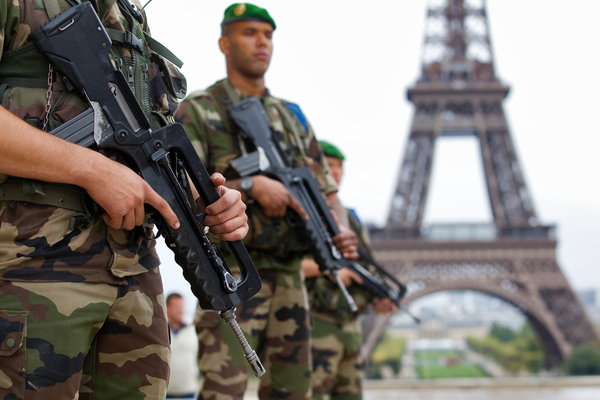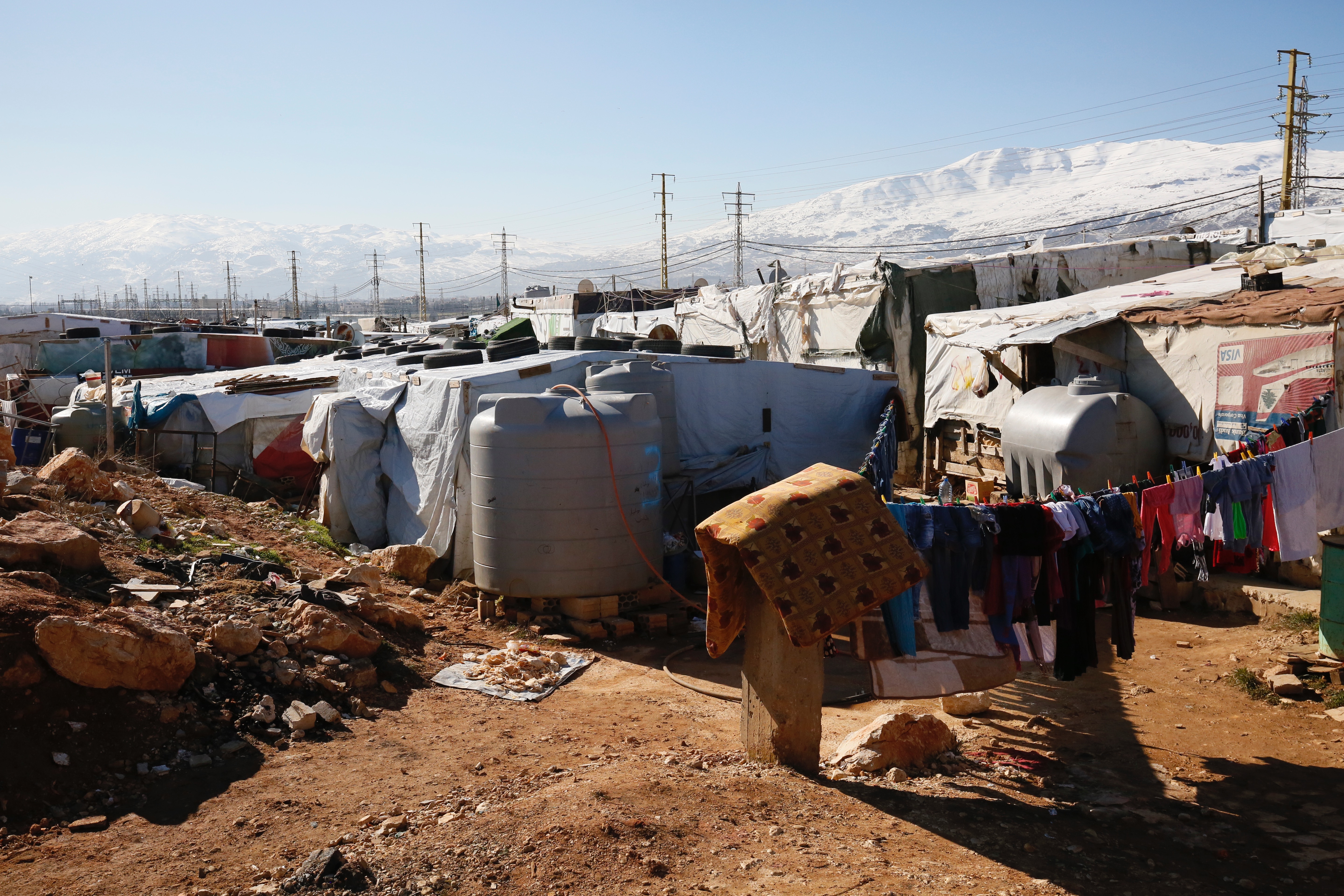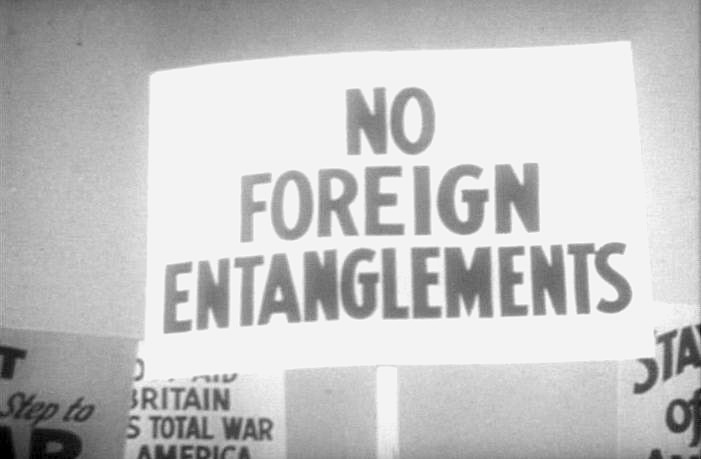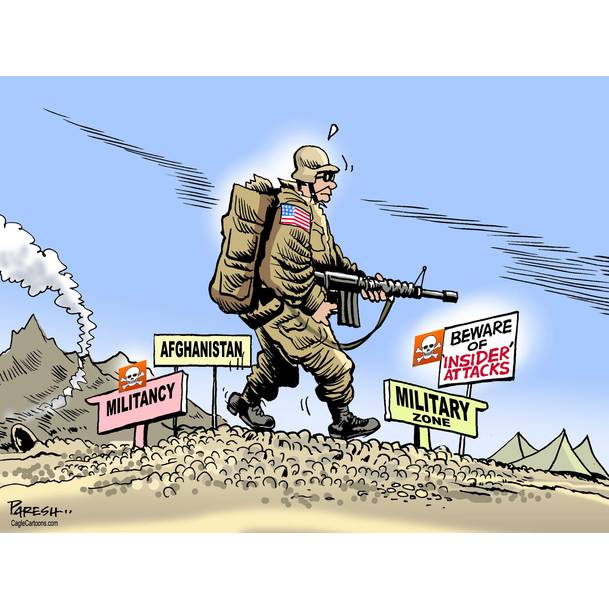Conflict in the 21st century continues to be defined by terrorism and the struggle to defeat ideologically driven violence. Scholars agree that terrorism generally consists of the use of violence and intimidation against a large audience in order to achieve politically or ideologically motivated demands. Though the frequency of such attacks has declined in the years following 9/11, the number of worldwide terrorist attacks has increased exponentially since 2005, most recently taking the lives of 17 citizens in Paris, France. Although blame lies solely with the perpetrators, preventing future attacks ought to become a primary objective of national governments. However, counterterrorism finds critics in democratic countries where many argue that the protection of civil liberties must not be suppressed in the fight against terrorism.
On January 7, 2015, two Wahhabi Islamist gunmen forced their way into Charlie Hebdo newspapers office and killed 12 people, including staff cartoonists and two police officers. The following days witnessed similar events, when Amedy Coulibaly, a devout supporter of ISIS, shot and killed an unarmed policewoman, and then went on to murder four hostages at a Jewish grocery store.
Reacting to the attacks, the French government deployed 10,000 troops to secure vulnerable areas around the country, sparking a debate over the prevention of future attacks. While political actors and citizens from the left plead for a sensible reaction and the preservation of civil liberties, others have taken a more aggressive stance by calling for the French equivalent of the USA Patriot Act.
Given the rising number of terrorist attacks, is it possible to effectively combat terrorism while upholding democratic norms?
Since the Bush Administration’s response to 9/11, which included an attempt to democratize Middle Eastern countries, many scholars have focused their research on effective ways to combat terrorism. The commonly held view is that higher levels of democracy produce lower levels of terrorism, as “a population that has the opportunity to elect their leaders, and have their voices heard with no repercussions” may be dissuaded from using forceful tactics in order to promote change. In other words, by neutralizing political opponents through integration into the political process, the threat of terrorism is expected to decrease.
Although the promotion of inclusive political institutions may reduce the incentive for politically motivated actors to resort to terrorism, the fact stands that many radicalized individuals and organizations refuse to cooperate with ‘non-believers’. Building on the literature, Matthew Wilson and James Piazza examined different regime types and their capacity to thwart terrorism. The authors theorize that there are ultimately two strategies a state may employ in the face of terrorism: coercion or co-optation; that is, repression or inclusion. While the former includes the use of surveillance, the curtailment of civil liberties, and physical force, the latter offers a space for discussion and representation. Ultimately, a balance between coercive and non-coercive strategies is the most effective way to curtail terrorism. Nevertheless, due to civil right protections and other constitutional limitations, democratic regimes are unable to combine coercion with co-optation, making them more likely to experience terrorism and incur a higher number of attacks.
Although the limitation of civil liberties is unattractive, it may have merit. While political and economic tools must be used to monitor and channel dissent, these efforts should be buttressed by an expansion of armed police officers on the street and strategies aimed at gathering intelligence about terrorist activity. As Wilson and Piazza argue, “terrorism is a faceless form of political violence that requires disproportionate intelligence and some level of community sympathy or support – fueled by underlying grievances – in order to be effective.”




